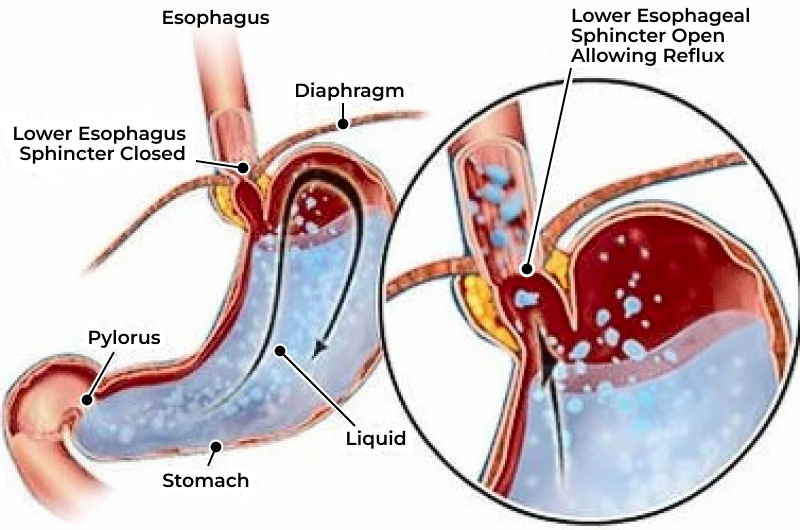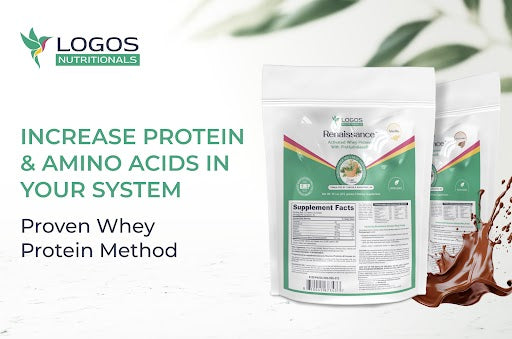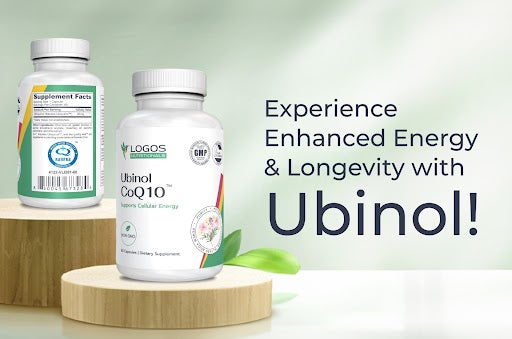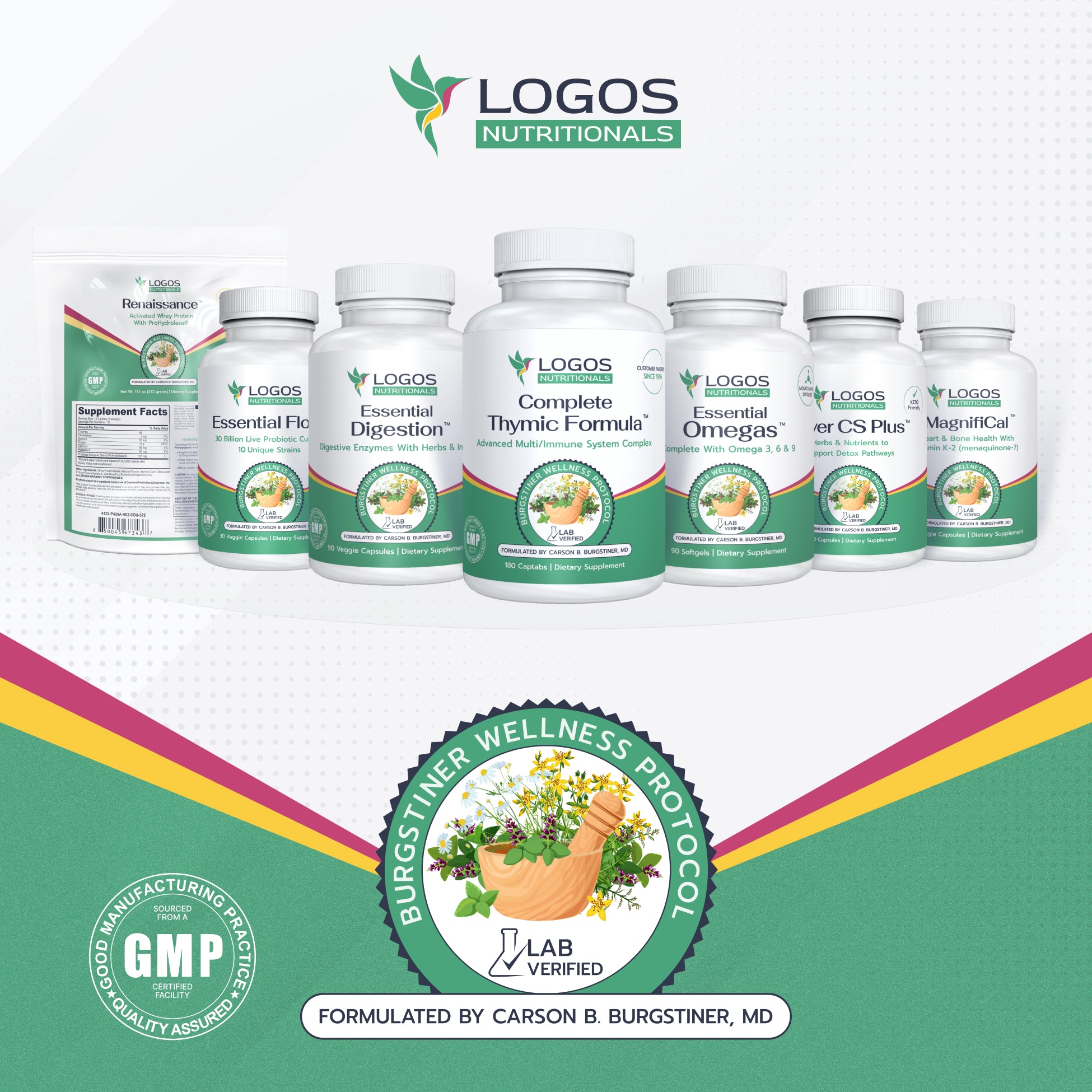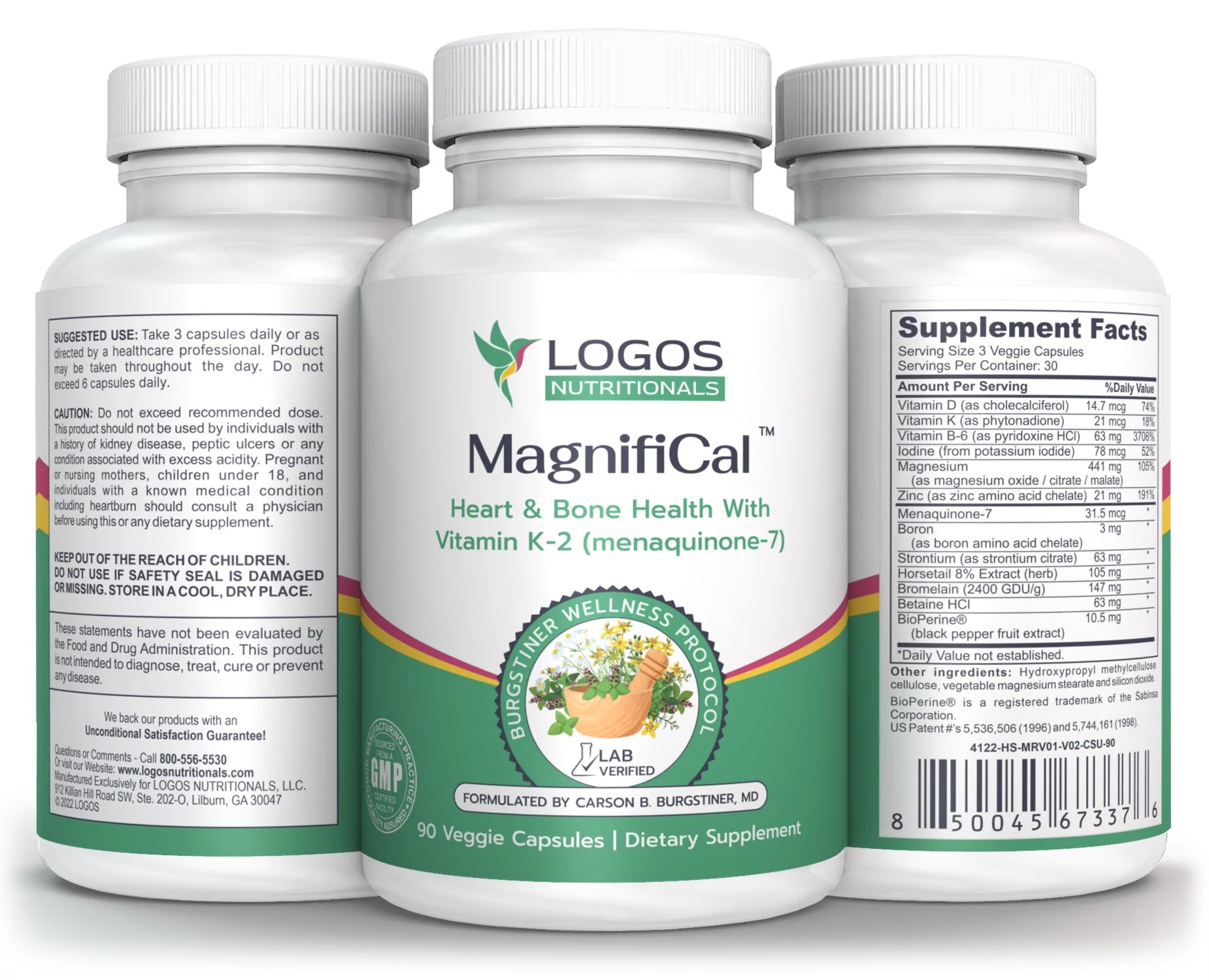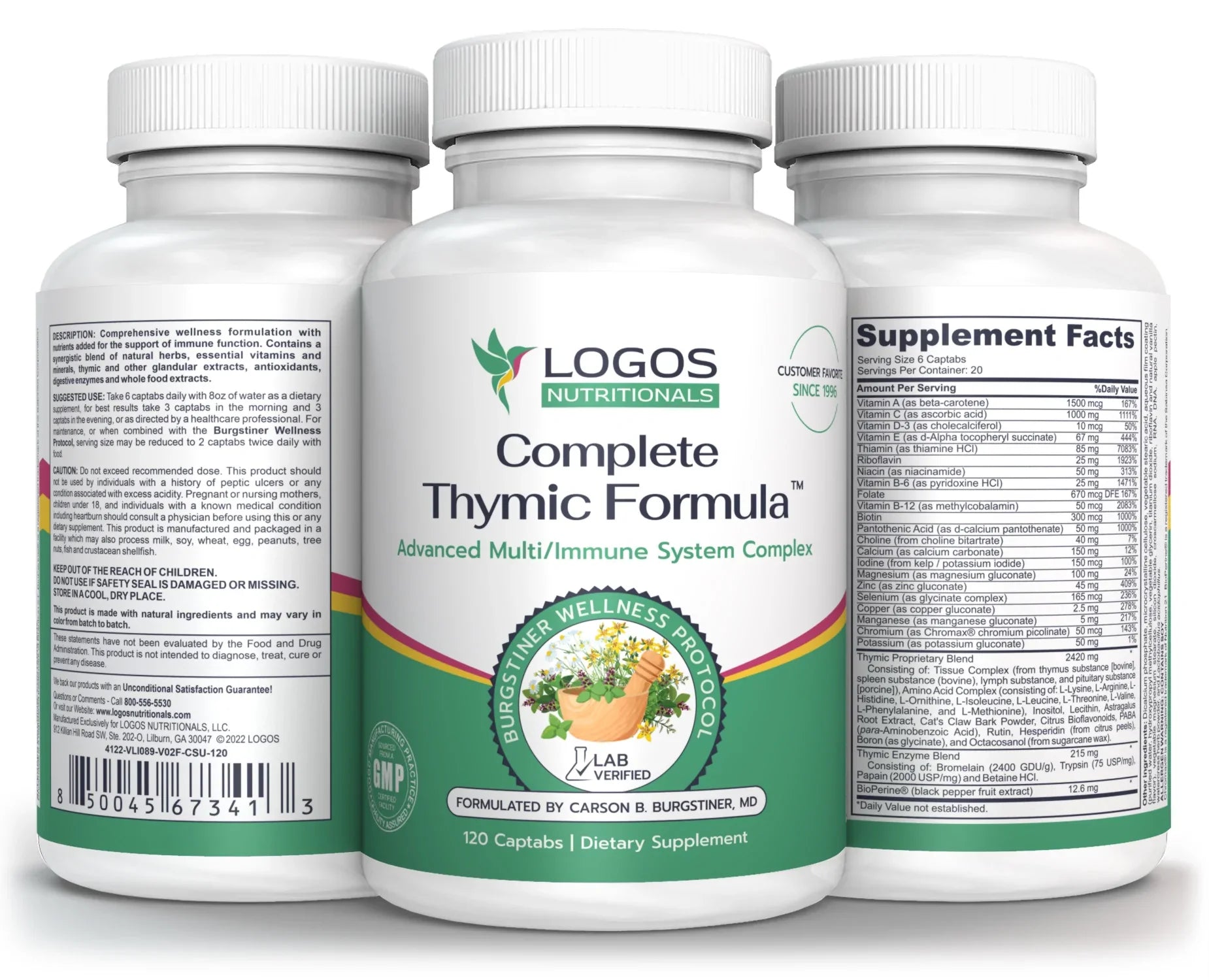The U.S. Food and Drug Administration announced late Tuesday that blockbuster heartburn medications such as Prevacid, Prilosec and Nexium will now carry a warning on their labels linking the drugs to a heightened risk for bone fractures.
The label will advise consumers to use this class of medicines, called proton pump inhibitors (PPIs), carefully, because high or frequent doses have been associated with an increased risk of fractures of the hip, wrist and spine.
The FDA's concerns were raised over studies that have shown an increased risk of bone fractures with patients taking PPI's for one year or longer, or at high doses. PPI's are thought to restrict mineral absorption by blocking acid production in the stomach.
The agency is instructing the makers of the drugs to change the labels for both their prescription and over-the-counter versions, which are used to treat gastroesophageal reflux disease (GERD), stomach and small intestine ulcers and inflammation of the esophagus.
For people taking over-the-counter proton pump inhibitors, the FDA said they should only be taken for 14 days to help ease frequent heartburn, but under no circumstances should over-the-counter PPIs be taken for more than three 14-day periods in a year.
Tragedy Revealed?
Unfortunately, this class of drugs is one of the most overprescribed and over abused in all of medicine. This is a tragedy being played out in countless lives. Acid blocking drugs might mask the symptoms of heartburn or reflux, but they do so without addressing the cause... and in lowering the acidity of the stomach, not only is mineral absorption compromised, but so is protein digestion and a host of vital metabolic processes.
So give the FDA a round of applause for requiring the new label disclosure, but realize that fracture risk is only the tip of the iceberg. Never mind the fact that esophageal cancer was virtually unheard of 30 years ago, and that its incidence has skyrocketed since the introduction of proton pump inhibitors. There is always a high price to pay when man interferes with the natural balance and wisdom of God's creation.
What Does "Increased Bone Fracture Risk" mean anyway?
It means bone loss. It means calcification of soft tissues and demineralization of bones. It means disruption of enzyme systems, nerve signaling, blood clotting, muscle contraction/relaxation, and hormone regulation. It means a reduced capacity to maintain our blood pressure, heart rate and pH among many other things.
A Better Approach
Ask any practitioner of natural medicine and you will find that there is a better approach to relieving symptoms of heartburn, indigestion and reflux. Address the cause and in most cases, the symptoms vanish. Restoring the physiology of the GI tract is their focus, and oddly enough, that often means treatment starts from the bottom up.
Beneficial bacteria, or probiotics are given to restore the proper balance of gastrointestinal flora and keep pathogenic bacteria and fungal overgrowth in check. They also help maintain pH levels, reduce inflammation and produce the B vitamins that are so critical to our body's brain function and cellular energy systems.
Supplemental digestive enzymes are given to enhance the front half of the digestive process, but their benefits are seen throughout the body. Enzymes are not only responsible for breaking down proteins, carbohydrates and fats in our diet, but they perform many regulatory functions in the body as well.
Many natural digestive aids also contain Betaine HCL to increase dangerously low stomach acid levels, which result in many of the same symptoms that excess acid produces. Our creator designed us to have high acidity in our stomachs to help break down and extract minerals from our food and to serve as a front line of protection from pathogenic bacteria that we encounter in our diet. Antacids can rob us of that vital protection.
HCL can aggravate ulcers, so those who have existing ulcers should seek appropriate care for that condition before taking any supplemental HCL... which again... means dealing with the true cause (often an h. pylori infection).
Patients with seriously compromised digestion will often be given omega three fats and amino acids such as L- Glutamine to help control inflammation and help rebuild the lining of the gut, which is ground zero in the battle for control of your health.
Surgery Sometimes Necessary
In some cases, people who suffer from heartburn and reflux can find relief only through a surgical procedure to repair a physical defect; typically either a a hiatal hernia or a faulty or damaged esophageal sphincter. This is the lower most muscle of the esophagus which normally blocks the backwashing of gastric fluids. A hiatal hernia is caused when there is a tear in the diaphragm and the stomach pushes up into the thorax. Either condition requires surgical intervention. However, most people respond very well to natural approaches to restoring the physiology and functions of digestion.


